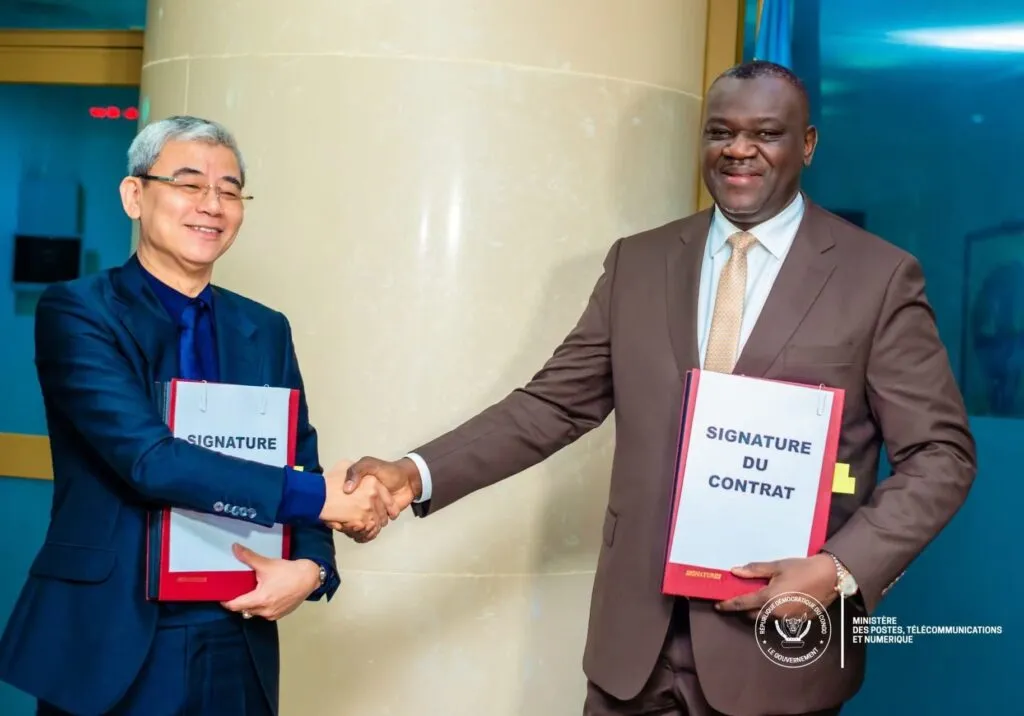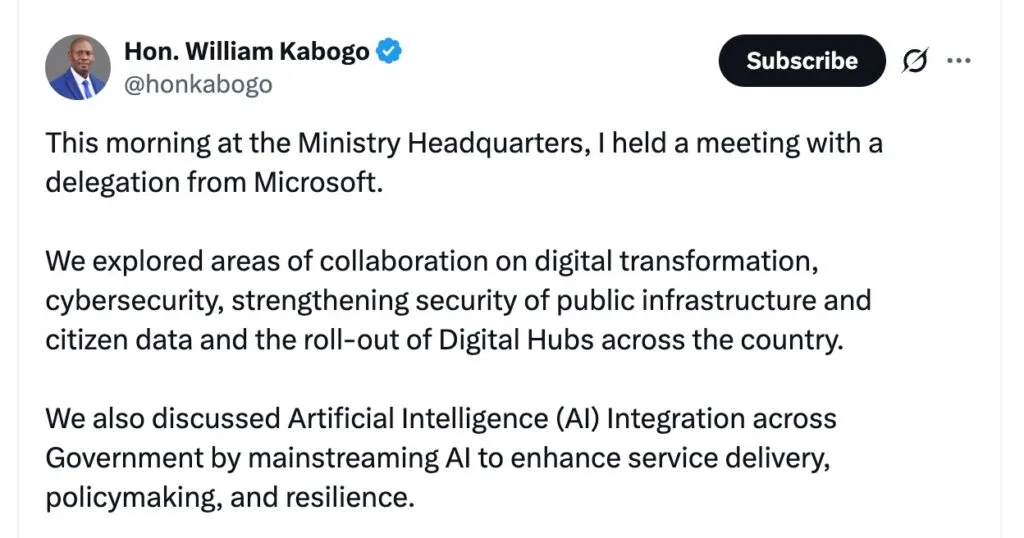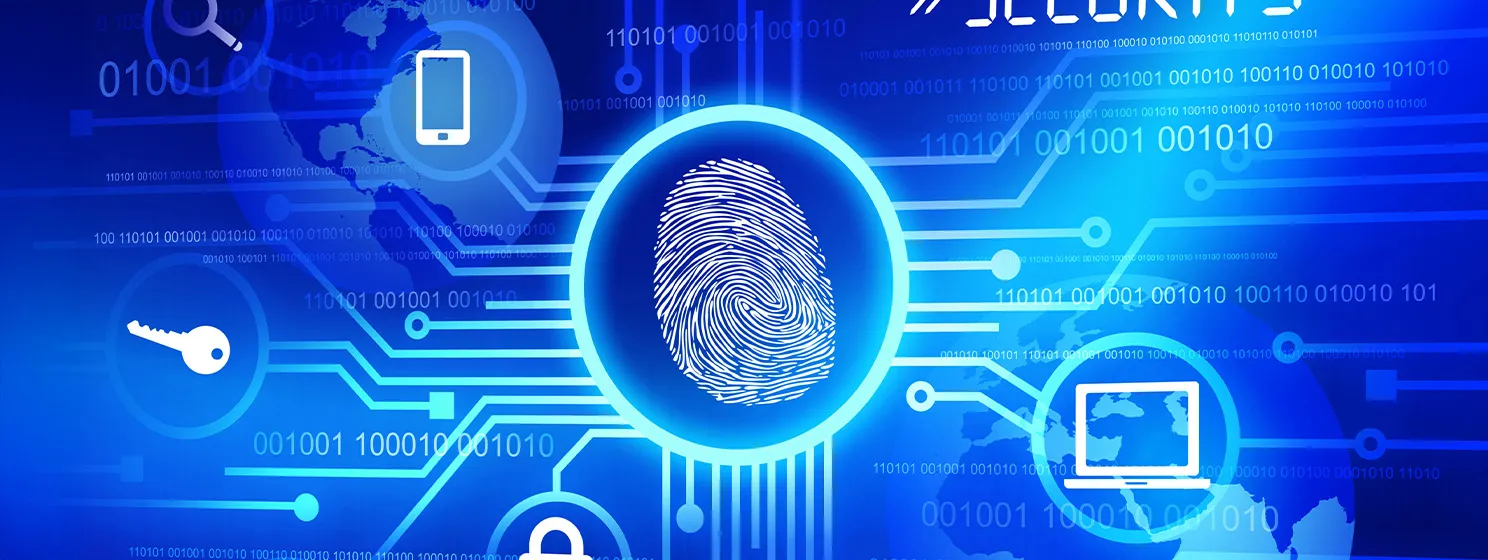|
Getting your Trinity Audio player ready...
|
The Democratic Republic of Congo has signed a deal with Singaporean firm Trident Digital Tech (NASDAQ: TDTH) to roll out a new digital identity solution powered by blockchain technology.
Under the partnership, Trident will deploy a suite of new identity solutions, starting with DRCPass. This robust system will complement and gradually replace the physical IDs, transitioning the country into the digital era.
“Today marks more than the signing of a partnership contract with Trident Digital Tech; it marks a defining chapter in the digital rebirth of our nation,” commented Augustin Kibassa Maliba, the Minister of Posts, Telecommunications and Digital Affairs for DRC.
“By launching the national digital identification system, we lay a cornerstone for a Democratic Republic of Congo that is digitally sovereign, financially inclusive, and resilient to tomorrow’s challenges.”
Maliba believes that not only will DRCPass usher the country into a new era, but it will also set the standard for other countries in the region, and “shape the future of governance in Africa.”

DRCPass will be built on Tridentity, the Singaporean firm’s blockchain identity solution. It allows users to verify and use a single identity to access multiple ecosystems with state-of-the-art security. It also offers a rewards program, although it’s unclear whether this will be extended to the DRC.
DRCPass will initially focus on four key areas, Trident says. The first is giving the citizens easy access to government services with a single sign-on feature. The government expects this to expand the services citizens can access in real time and cut delivery costs.
The new solution will also target SIM-card registration, where the digital identity will be bound to a SIM card, curbing mobile fraud. One-click e-KYC for digital payments is also a key focus for DRCPass.
“We commend the Republic’s leadership for embracing a digital future and look forward to supporting a nationwide rollout that others in Africa will surely emulate,” commented Trident founder Soon Huat Lim.
To access DRCPass, citizens must download the Tridentity mobile app and enroll using their national ID.
DR Congo’s struggle for a digital ID provider
The new partnership marks the end of a saga that almost cost DR Congo hundreds of millions of dollars in World Bank funding.
Last year, the government signed a deal with Idemia, the French identity solutions provider, to develop a national biometrics system and gradually roll out a digital ID. Idemia would provide the services through its African intermediary, Afritech. The deal would have been worth $1.2 billion, making it one of the most expensive projects of its kind globally.However, months after the deal was signed, a probe by European investigative outlet Lighthouse Reports revealed rampant corruption in the tendering process. Shortly after, whistleblowers within the government leaked documents that revealed massive overpricing by the French firm; it would have amounted to more than 3 times the original estimates.
The World Bank, which was financing the project, declined to fund it, citing the lack of a competitive tendering process.
Following pressure from the financier and other international organizations, President Felix Tshisekedi ordered the deal to be cancelled.
DR Congo is home to over 110 million people, making it Africa’s fourth-largest country by population size; it’s the second-largest by land area after Algeria. Despite its vast mineral deposits, it’s one of the poorest countries in the world.
Kenya and Microsoft explore digital partnership
Elsewhere, the Kenyan government is exploring new ways to partner with Microsoft (NASDAQ: MSFT) to boost its digital transformation journey.
The country’s ICT and Digital Economy Minister, William Kabogo, met a delegation from the American tech giant recently to discuss areas of collaboration.

Artificial intelligence (AI) topped the agenda, with Microsoft being one of the global leaders in the field. The company’s Copilot is among the leading AI tools globally, and it has invested $13 billion in OpenAI, giving it significant influence over the ChatGPT maker’s direction.
Microsoft has partnered with other African countries and invested billions in boosting AI development in the region. In South Africa, it has invested over $1.2 billion in the past three years to expand cloud infrastructure and data centers.
Kenya’s digital economy has expanded rapidly in recent years, with its youthful population leading the continent in adopting new technologies. A recent report by Datareportal found that over 42% of Kenyans aged 16 and above use ChatGPT, the highest proportion globally.
Watch: Digital identity, digital assets enable Web3

 08-13-2025
08-13-2025 





